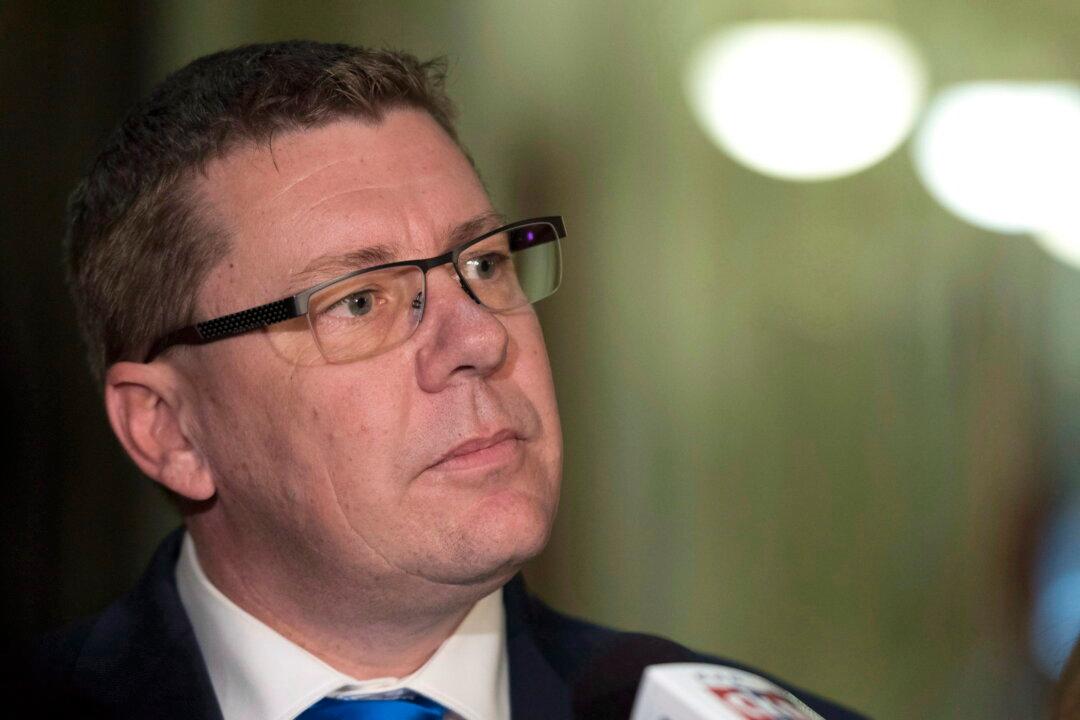Saskatchewan Premier Scott Moe says he won’t impose additional restrictions, unlike other provinces, as the new Omicron variant has been mild and his province’s COVID-related hospitalization numbers have dropped.
“So far, Omicron cases around the world have been milder than earlier strains of COVID. That has also been the case here in Saskatchewan,” Moe said in a video posted on Twitter on Dec. 23.





